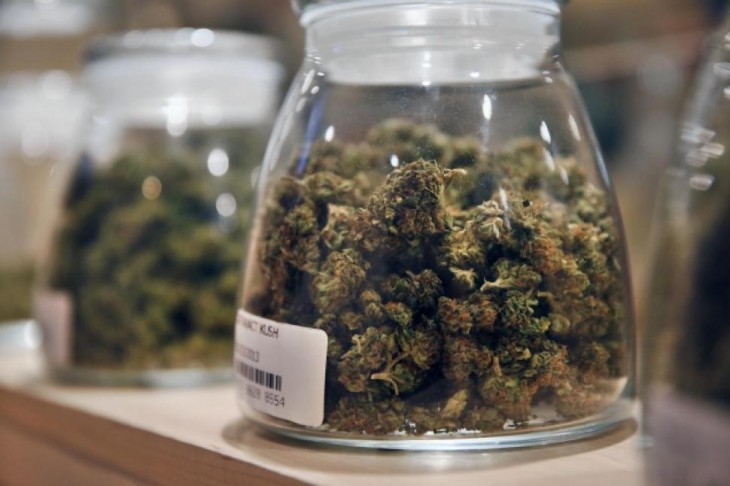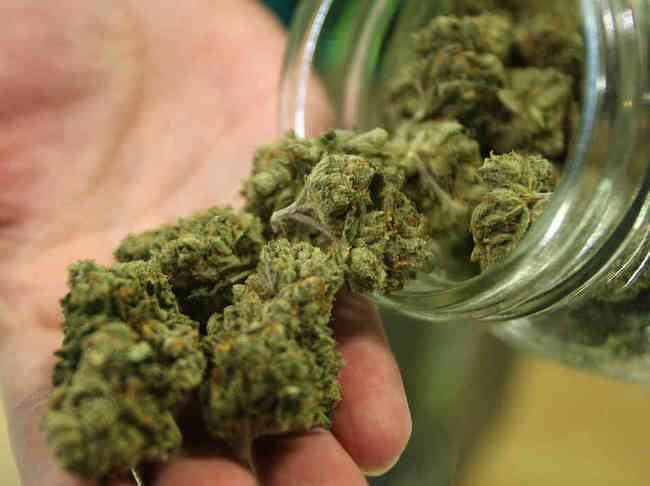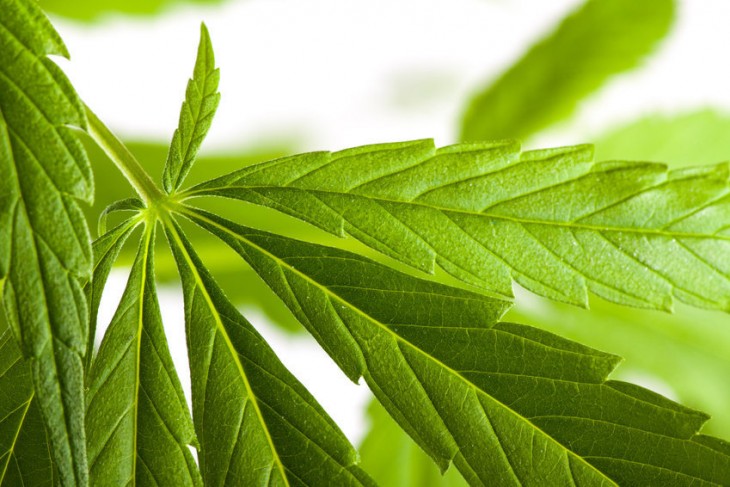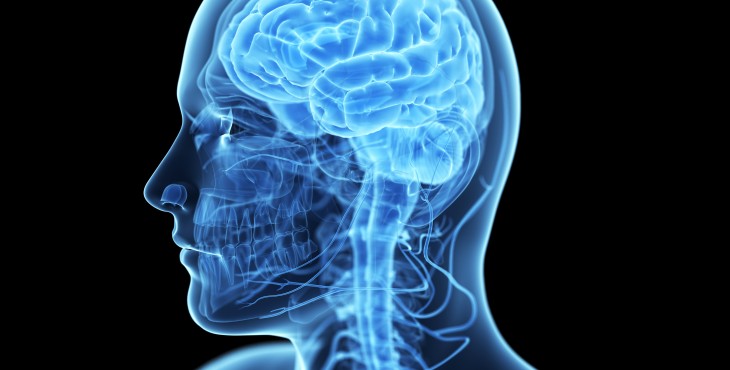Recent studies were done on the effectiveness of curbing the severity of brain trauma using THC. The hypothesis came about because we have evidence that cannabis protects the brain from Alzheimer’s, prions and other degenerative disorders that happen as the body ages. With head injuries being such a concern with the intense physicality of sports such as American Football and Rugby, perhaps sports scientists should be looking into using marijuana to keep their players brains healthy.
Concussions themselves can cause physical damage to the brain, but there is also a myriad of other effects the constitute post-concussion syndrome. The effects linger for up to a year after the incident of trauma, and may not present themselves for several weeks. Attention deficits, fatigue, impulsivity, tiredness, irritability, short temper, memory impairments, inflexibly thinking, lack of initiative, disconnection between thought and action, communication difficulties, and constant headaches.
Stop the Symptoms and Accelerate Recovery
This extensive list of symptoms can obviously be debilitating for those who suffer from concussions, and there are serious signs that marijuana can be effective at com combating and preventing these symptoms. Traumatic brain injuries are also aided by cannabis, as it reduces inflammation in the brain, and protects the astrolgia (majority of brain and peripheral nervous cells.) Really cannabis is a nervous cell’s best friend, which is probably why we all feel so good when THC is around.
From the research on cannabinoids protecting the brain, boxers might aid from the chemical too. Anyone who experiences a head injury should use cannabis to limit the severity and permanency of effects caused by the injury. Maybe the athletic associations should grow some Green House Seed Co. plants and help their players live long rewarding lives despite the physical toll that their bodies take from playing their respective sports.
What Will a Younger Generation See?
The NFL might be wary of marijuana, not only for its stigma and the image it would project to the youth, but also because it tends to increase estrogen. None of these arguments are legitimate concerns. Acting like marijuana is not a legitimate medicine despite countless studies over decades of tireless research is blatant ignorance, and sets a bad example.
This generation can read, and they often do not stop after the first page of Google searches or listen to the information on government websites. They will read about the beneficial effects and realize that we are denying suffering individuals just because the substance can get a person high. They’ve seen their parents medicine cabinets and know marijuana is not as dangerous as half of the substances in the average medicine cabinet.









